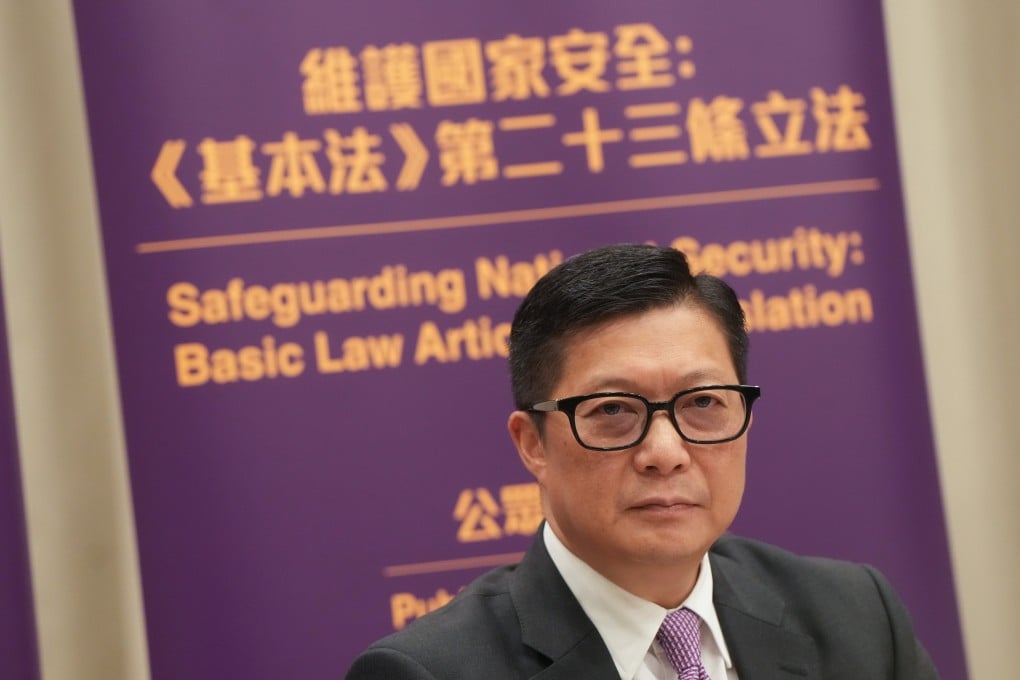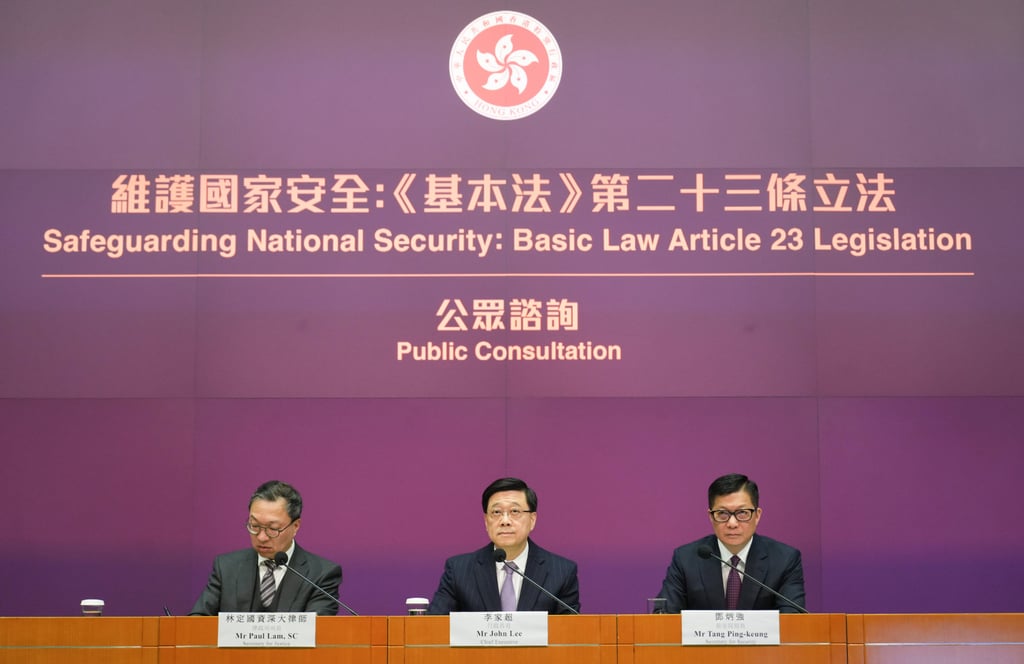Diplomats and overseas business chambers in Hong Kong ‘worried’ about effects of planned city national security law, insiders say
- Concern over risks to investment and potential enforcement standards that could affect foreign nationals under home-grown national security law
- International Chamber of Commerce members fear greater risks in Hong Kong amid present geopolitical climate, which could hit investment plans

Foreign business chambers and diplomats in Hong Kong have admitted they are concerned about risks to investment and potential enforcement standards that could affect their nationals under the city’s home-grown national security law, despite many of them showing public support for the proposed legislation.
Members of the International Chamber of Commerce were among those worried that the new legislation and the 2020 Beijing-imposed national security law could cause greater risks in Hong Kong amid the present geopolitical climate and affect investors’ plans, said Tony Ho, a director of the Indonesia chamber.
“The chief executive explained very clearly … that the national security law will only be exercised if there are substantial intentions and motives to incite subversion of state power and seriously endanger local public security law, but foreign businessmen are still slightly worried about what standards and boundaries the government will use to enforce the law,” he added.

City leader John Lee Ka-chiu, justice secretary Paul Lam Ting-kwok and security chief Chris Tang Ping-keung have held more than 10 sessions since last week to outline the legislation to various groups, including legal bodies, politicians and diplomats, as well as local and foreign business chambers.
Lam said after a meeting with about 100 diplomats and chamber representatives on Tuesday that two areas of “concern” had been raised. He added these involved the legislation’s provisions for state secrets and foreign interference, but stressed that no “worries” were brought up.
He added that he had heard no objections to the proposed law at the meetings and that residents and “foreign friends” understood Hong Kong had a constitutional responsibility to enact its own national security legislation.
But a diplomatic source on Wednesday disputed Lam’s description of the meeting.
“There were serious concerns raised, in particular in relation to the very broad definitions and provisions on state secrets and external interference, which could potentially have serious consequences for foreign citizens and businesses and diplomatic missions in Hong Kong,” the source said.